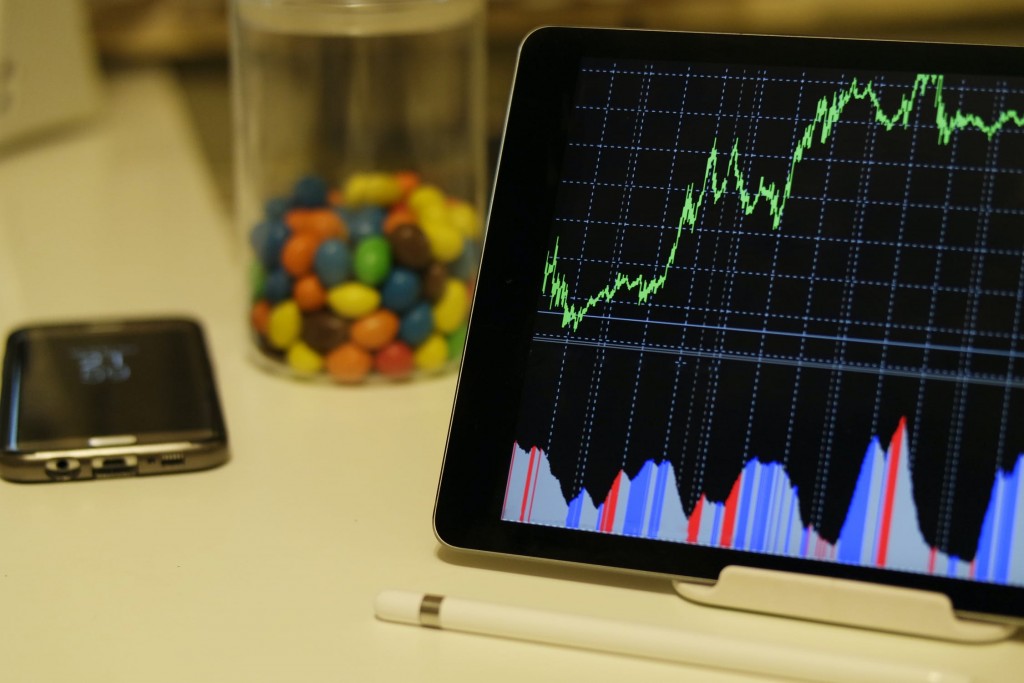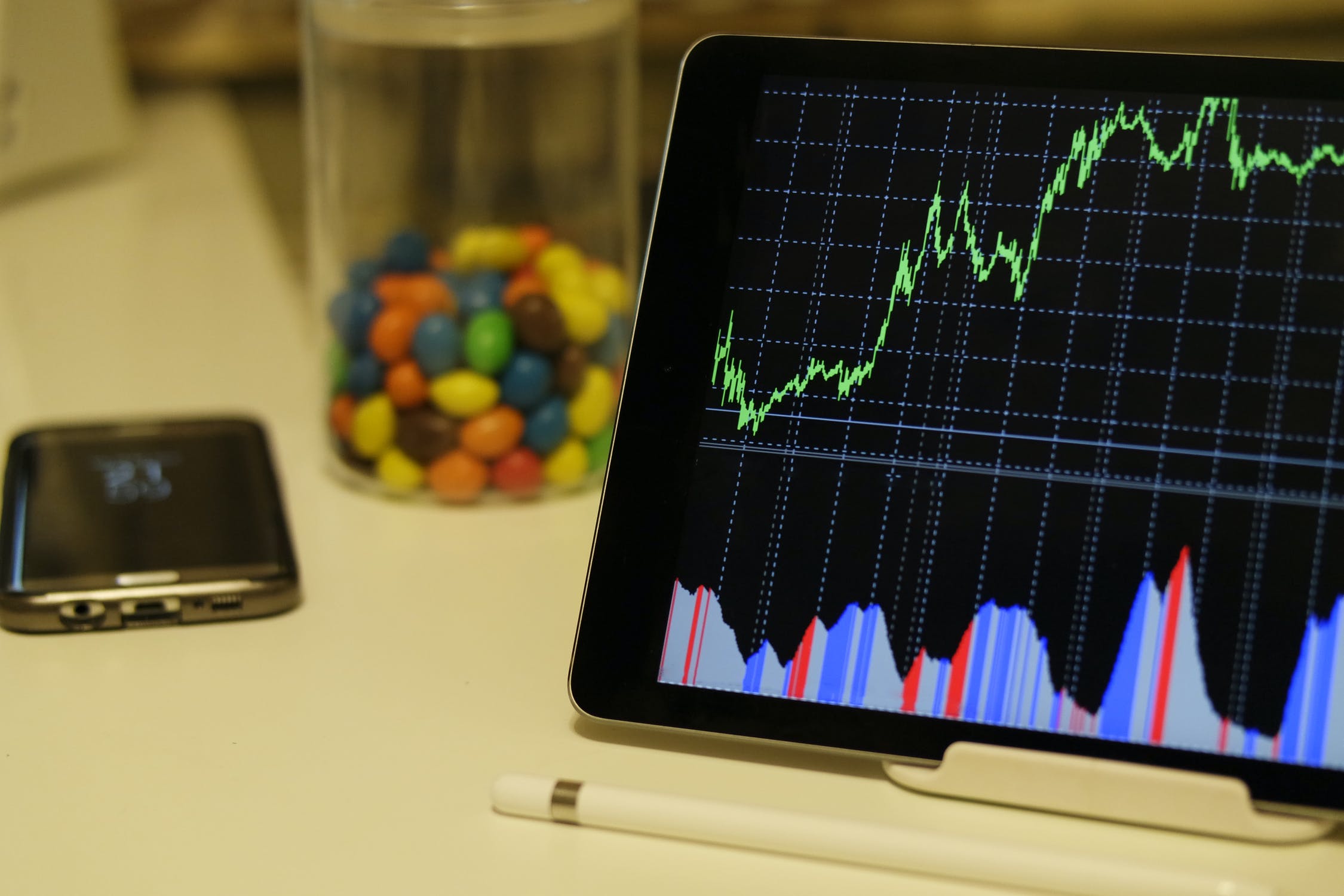Market makers are entities, typically brokerage firms or specialized financial institutions, that facilitate the smooth functioning of financial markets by providing liquidity and ensuring the continuous buying and selling of securities. They play a crucial role in maintaining an orderly market and reducing price volatility.
Market makers play an important role in the realm of forex trading since they provide prices and act as counterparties for their clients’ trades. Market makers can provide traders with improved spreads, execution, and liquidity, especially during periods of low market liquidity, notwithstanding any potential conflicts of interest. In this piece, we’ll go through the concept of market makers in greater depth, evaluate the key differences between market makers and ECN brokers, discuss their benefits and drawbacks, and highlight who are the Biggest Market Makers in Forex. Fasten your seatbelts because we’re about to go on a deep subject dive!

Market Makers in Forex Trading:
Market makers make up a substantial majority of Forex firms. They act as a middleman between traders and the market by setting the prices at which their customers can buy and sell currencies and other assets. As wholesalers, these brokers charge markups on raw market spreads they buy from bigger brokerages or banks. In contrast to ECN brokers, this execution style may produce better spreads, execution, and liquidity, particularly under lean market circumstances.
Who are the Biggest Market Makers in Forex?
When selecting a market maker Forex broker, it is important to consider aspects like regulation, reputation, fees, and asset offers. FXTM, FP Markets, AvaTrade, Eightcap, and Plus500 are a few of the top market makers in the sector. Because they provide features like high floating leverage, ECN trading, regulatory compliance, reasonable pricing, and a broad selection of CFDs, these brokers have established themselves as good options for traders. To find the best broker that suits their trading style, traders should evaluate their unique demands and preferences.
Differences Between Market Makers and ECN Brokers:
Market makers and ECN brokers have unique traits and employ various execution models. Trading decisions can be improved by being aware of these variations.
Execution Model: Market makers act as wholesalers, setting the prices available to customers and making money from markups. ECN brokers, on the other hand, act as exchanges, connecting clients with liquidity providers and charging fees for each trade.
Pricing Structure: Market makers normally charge spreads, but ECN brokers frequently charge fees on top of spreads.
Spread Variation: While ECN brokers can provide spreads that occasionally reach zero or even briefly become inverted, market makers’ spreads are frequently fixed and higher.
Conflict of Interest: Market makers may stand to gain from their clients’ losses, raising questions about a possible conflict of interest. ECN brokers, on the other hand, do not profit from their clients’ losses.
Accessibility: Since ECN brokers sometimes demand greater minimum deposits, traders with smaller starting capital may find it difficult to use them. Conversely, market makers could have lower minimum deposit requirements.
Trading Conditions: During important news events, market makers may halt trading or drastically expand spreads, irritating traders. Spread changes may also occur for ECN brokers, although, in general, their markets should remain open.
Minimum Position Sizes: Market makers are more likely to offer to trade in smaller position sizes, such as nano-lots, which can benefit traders with limited capital. ECN brokers may not provide this option.
Benefits and Drawbacks of Using Market Maker Forex Brokers:
Using market maker Forex brokers has benefits and drawbacks. Before making a choice, traders should carefully evaluate these issues.
Advantages:
- Market makers frequently provide more stable spreads, particularly during low market liquidity.
- Market makers are more accessible to traders with little money, thanks to lower minimum deposit requirements.
- Some market makers don’t charge commissions, which lowers the cost of trading.
- Smaller minimum position sizes could be permitted by market makers, allowing traders with less money to trade.
Cons:
- The potential rivalry between market participants’ interests and clients’ success.
- Compared to ECN brokers, total trading costs may be on the higher side on average.
- Traders can experience problems including slippage, requotes, or a brief trading halt.
Selecting a Forex Market Maker Broker:
Follow these procedures to create an account with a market maker Forex broker:
- List a few trustworthy market-maker brokers who accept clients from your nation and satisfy your needs. Think about things like fees, regulations, and asset offers.
- To further reduce your list, compare the remaining brokers’ fees and regulations.
- Aspects like trading platforms and teaching materials should be considered, as any other aspects you feel are necessary.
- With the remaining brokers on your shortlist, sign up for demo accounts and practise paper trading for a few weeks. This will enable you to evaluate the trading environment and establish your degree of comfort.
- Once you have gathered sufficient information and are confident in your decision, follow the account opening instructions provided by your chosen market maker, Forex Broker, to open a real money account.
The Bottom-Line:
Market makers play a vital role in the Forex market by providing pricing and carrying out deals for their clients. Market makers can offer competitive spreads, execution, and liquidity despite worries about possible conflicts of interest. Traders may choose a reliable market maker that fits their trading demands and style by comprehending the distinctions between market makers and ECN brokers, assessing the benefits and drawbacks, and doing extensive research.
